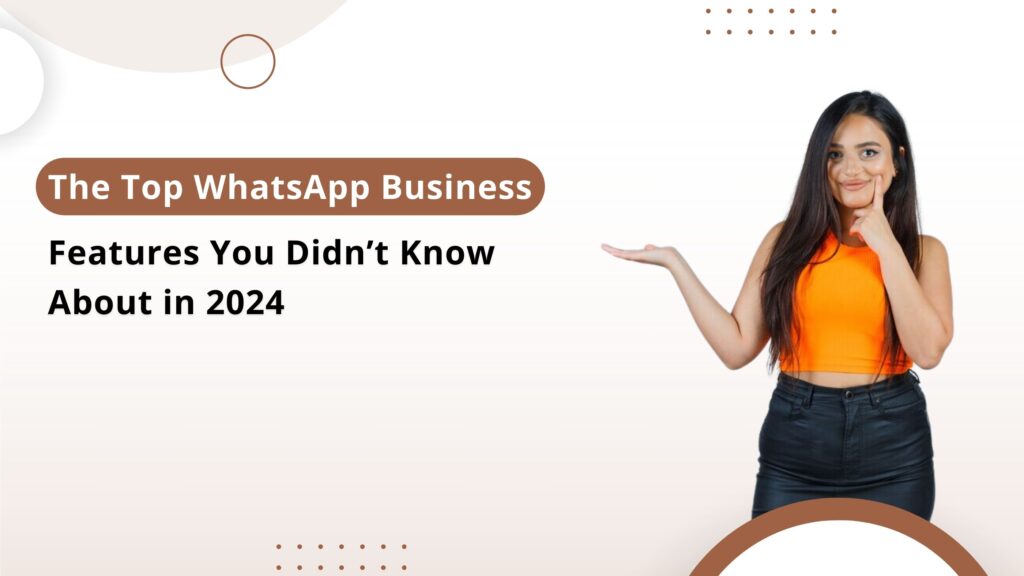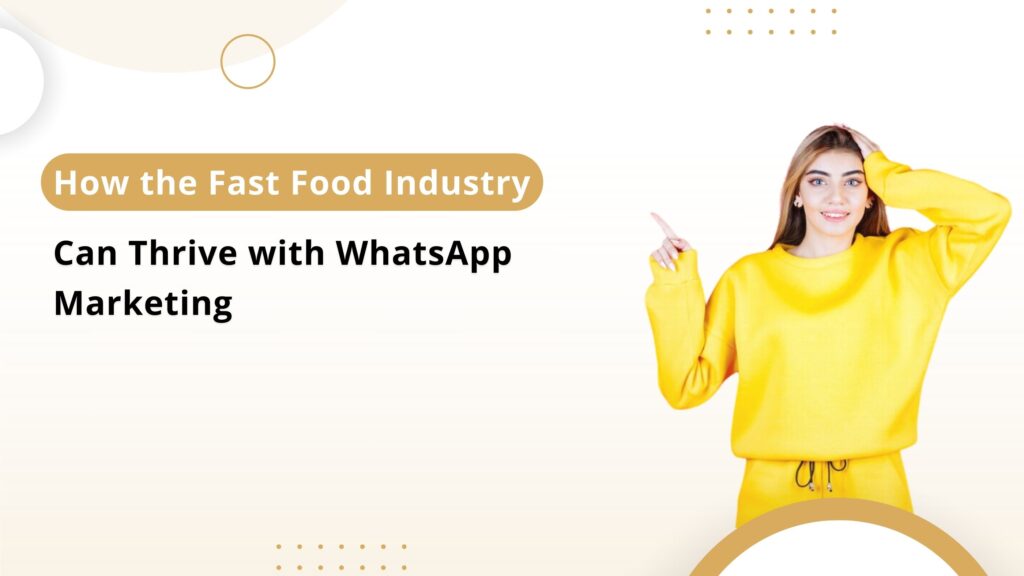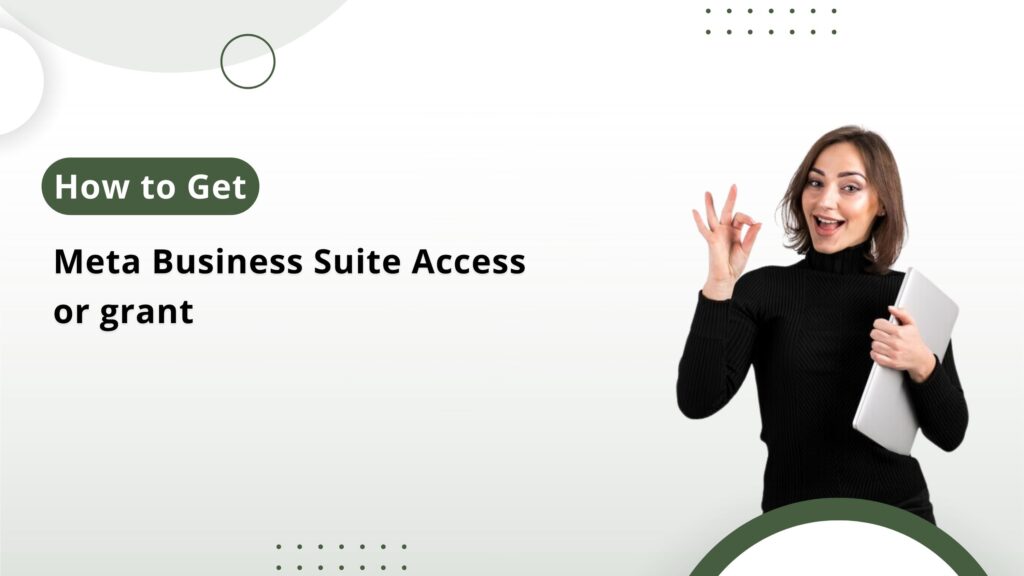
In today’s digital landscape, businesses have multiple tools at their disposal to connect with customers. Two of the most popular channels are WhatsApp marketing vs email marketing.
Both have proven their effectiveness, but the question remains: which is better for your business? In this blog post, we’ll explore the key differences between WhatsApp vs email marketing to help you decide which one aligns best with your business goals.
What is WhatsApp Marketing?
WhatsApp marketing refers to the use of the messaging app, WhatsApp, to communicate with customers, promote products or services, and provide customer support.
With over 2 billion active users globally, WhatsApp Business marketing has become a vital platform for real-time communication.
Key Features of WhatsApp Marketing
- WhatsApp Business API:
This API allows businesses to send automated messages and manage communication with customers at scale. - Automation Tools:
With tools like MagicXBot, businesses can automate replies, send targeted messages, and set up drip campaigns to enhance WhatsApp marketing automation. - Customer Engagement:
WhatsApp enables direct conversations with customers, making interactions feel personal and immediate.
Benefits of WhatsApp Marketing
- Real-time Engagement:
Messages are sent instantly and most users open them within minutes. - High Open Rates:
WhatsApp boasts an impressive open rate of around 98%, far surpassing email marketing. - Personalized Experience:
Messaging on WhatsApp feels personal, which enhances customer loyalty.
Limitations of WhatsApp Marketing
- Limited Branding:
Unlike email marketing, where you can design custom templates, WhatsApp messages are text-based, offering fewer design opportunities. - Opt-in Requirement:
You can only communicate with customers who have opted in, which can limit your audience size compared to email marketing.
What is Email Marketing?
Email marketing is the process of sending emails to a list of subscribers with the goal of nurturing leads, sharing updates, and promoting products or services.
It’s one of the oldest forms of digital marketing, yet still highly effective.
Key Features of Email Marketing
- Automation:
Businesses can automate campaigns using tools to send scheduled emails based on customer behavior. - Segmentation:
You can segment your email list to send personalized content to specific audiences, a key part of email marketing strategies. - Detailed Metrics:
Email marketing platforms provide in-depth data, like open rates, click-through rates, and conversion rates.
Benefits of Email Marketing
- Flexibility:
Email marketing allows for more creative freedom with the use of templates, images, and rich media. - Cost-effective:
Email marketing is one of the most affordable ways to reach large audiences. - Long-term Relationship Building:
Emails can nurture leads over time, helping to build trust and loyalty with your audience.
Limitations of Email Marketing
- Lower Open Rates:
The average email open rate hovers around 20-30%, significantly lower than WhatsApp. - Spam Filters:
There’s always a risk that your emails could end up in spam folders, reducing visibility, an issue that WhatsApp Business marketing does not face.
WhatsApp Marketing vs. Email Marketing: A Direct Comparison (WhatsApp marketing vs email marketing)
1. Open Rates and Engagement
When it comes to open rates, WhatsApp marketing wins hands down. With a 98% open rate, almost all messages are read, whereas emails struggle with a 20-30% average.
This makes WhatsApp marketing for business a more effective channel for time-sensitive messages or real-time engagement.
2. Personalization and Customer Experience
WhatsApp allows businesses to have direct, real-time conversations with customers, making interactions feel personal.
Email can also be personalized through segmentation, but it tends to feel more formal and less conversational than WhatsApp marketing.
3. Automation and Scalability
Both WhatsApp and email marketing offer automation, but with different approaches. WhatsApp marketing automation allows for automated replies and quick, personal communication,
while email marketing automation tends to be better suited for large-scale campaigns with complex workflows.
4. Audience Reach and Opt-In Requirements
Email marketing has the advantage of reaching a broader audience. Anyone with an email address can be part of your email list.
WhatsApp, however, requires users to opt in, which can limit your reach but ensures a more engaged audience.
5. Cost-Effectiveness
Email marketing is generally more affordable, especially when sending bulk emails to large audiences.
WhatsApp’s API can involve additional costs, especially for businesses that send high volumes of messages or need advanced features.
Use Cases: When to Choose WhatsApp Marketing
WhatsApp marketing is ideal for:
- Real-time Customer Support:
WhatsApp is perfect for businesses that need to provide instant support or updates, such as delivery notifications or answering customer queries. - Highly Personalized Campaigns:
If your goal is to build personal relationships with customers and offer a more conversational tone, WhatsApp marketing excels. - Drip Campaigns:
With tools like MagicXBot, you can create effective WhatsApp marketing automation campaigns, sending timely, targeted messages based on customer actions.
Use Cases: When to Choose Email Marketing
Email marketing is best for:
- Long-form Content:
If you’re sending newsletters, promotions, or in-depth product updates, email marketing is the better platform due to its flexible design capabilities. - Nurturing Long-term Relationships:
Email marketing strategies are ideal for nurturing leads over time, helping you build a relationship with potential customers through consistent updates and valuable content. - Large Campaigns:
When you need to reach a large audience with less emphasis on real-time engagement, email marketing is more cost-effective and scalable.
Conclusion
Both WhatsApp marketing vs email marketing have their unique strengths and limitations. WhatsApp offers higher engagement rates and a more personal touch, making it ideal for real-time conversations.
Email marketing, on the other hand, is better suited for long-form content, scalability, and nurturing long-term customer relationships.Ultimately, the choice between WhatsApp marketing vs email marketing depends on your business goals and audience preferences.
For many businesses, combining both platforms in a hybrid strategy can yield the best results.





